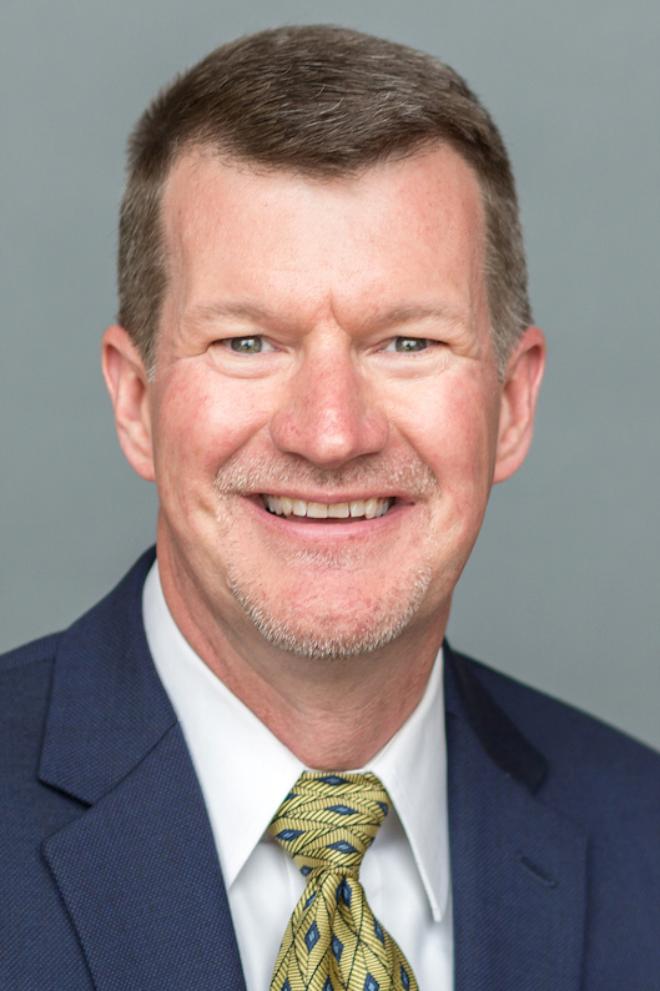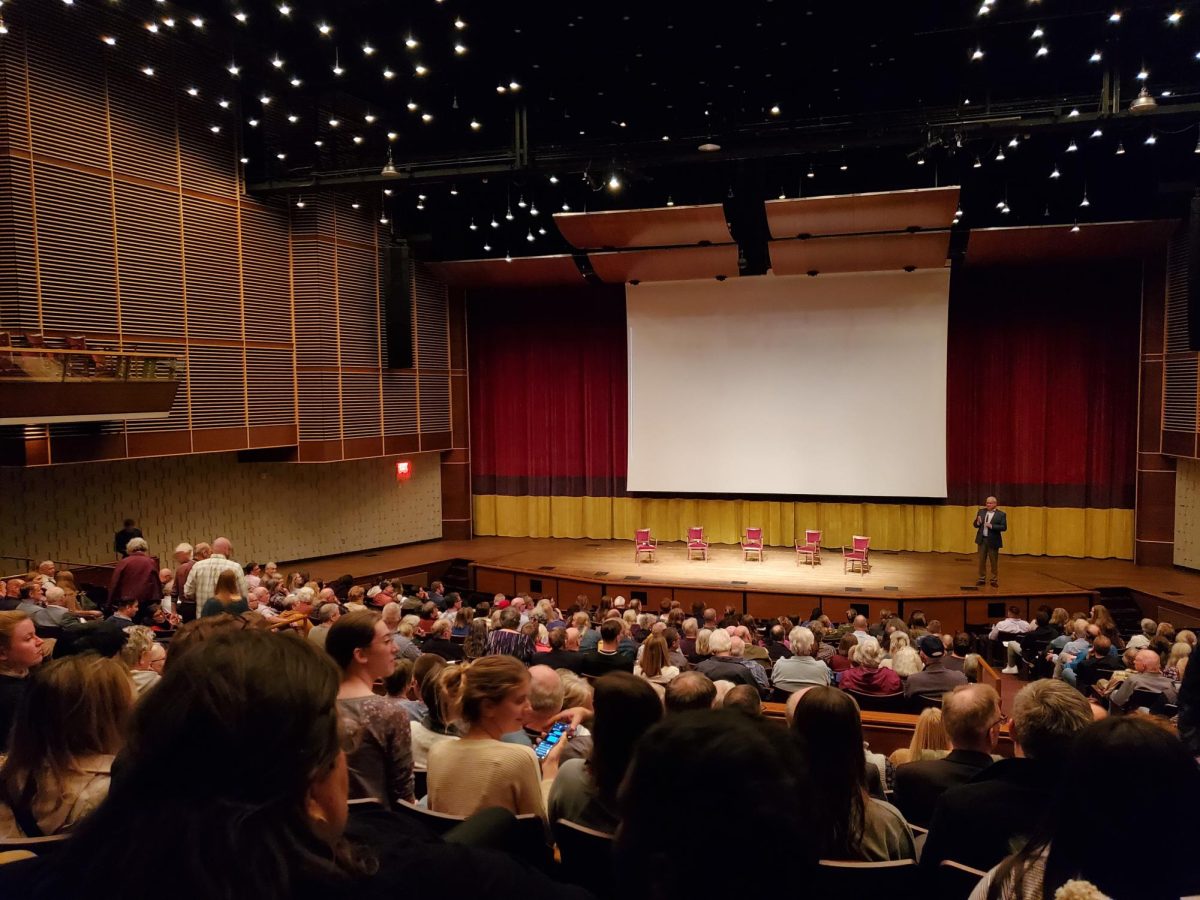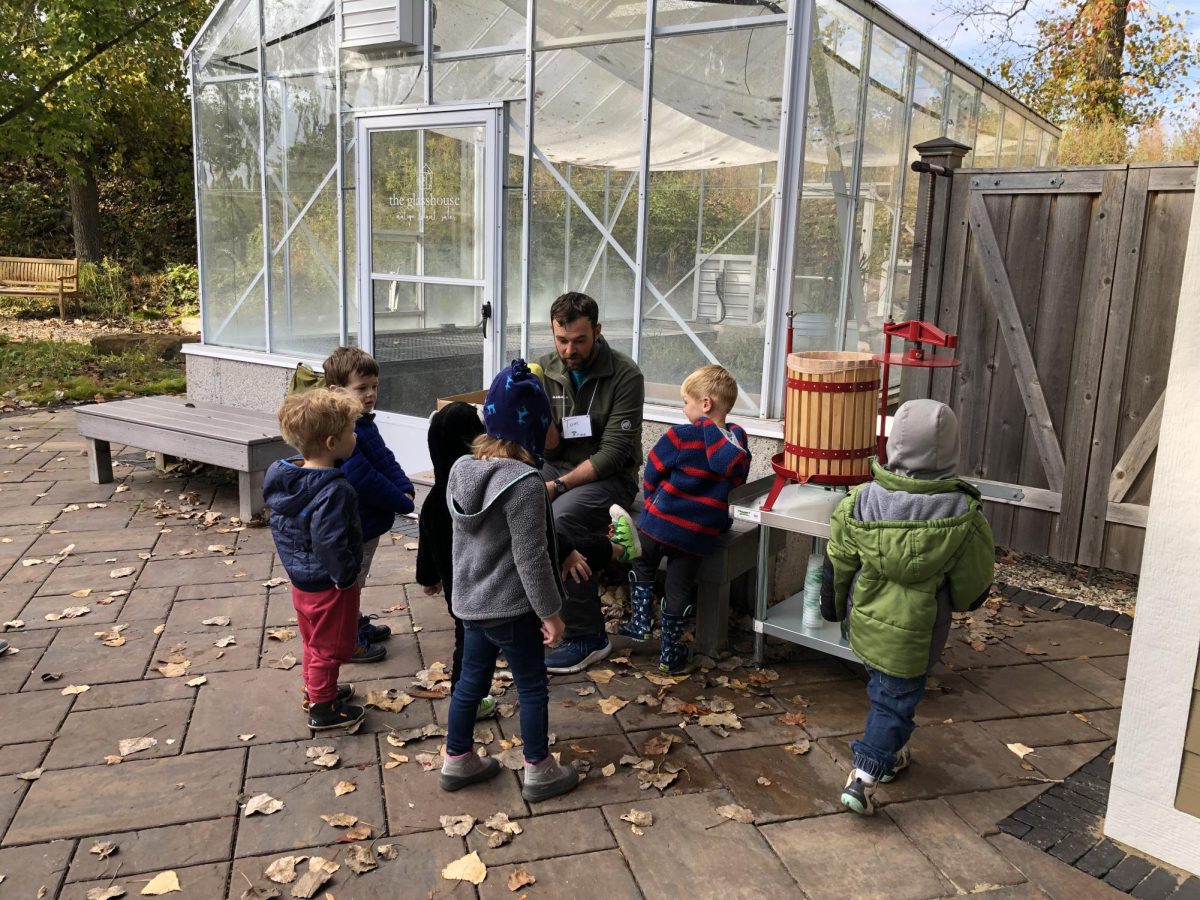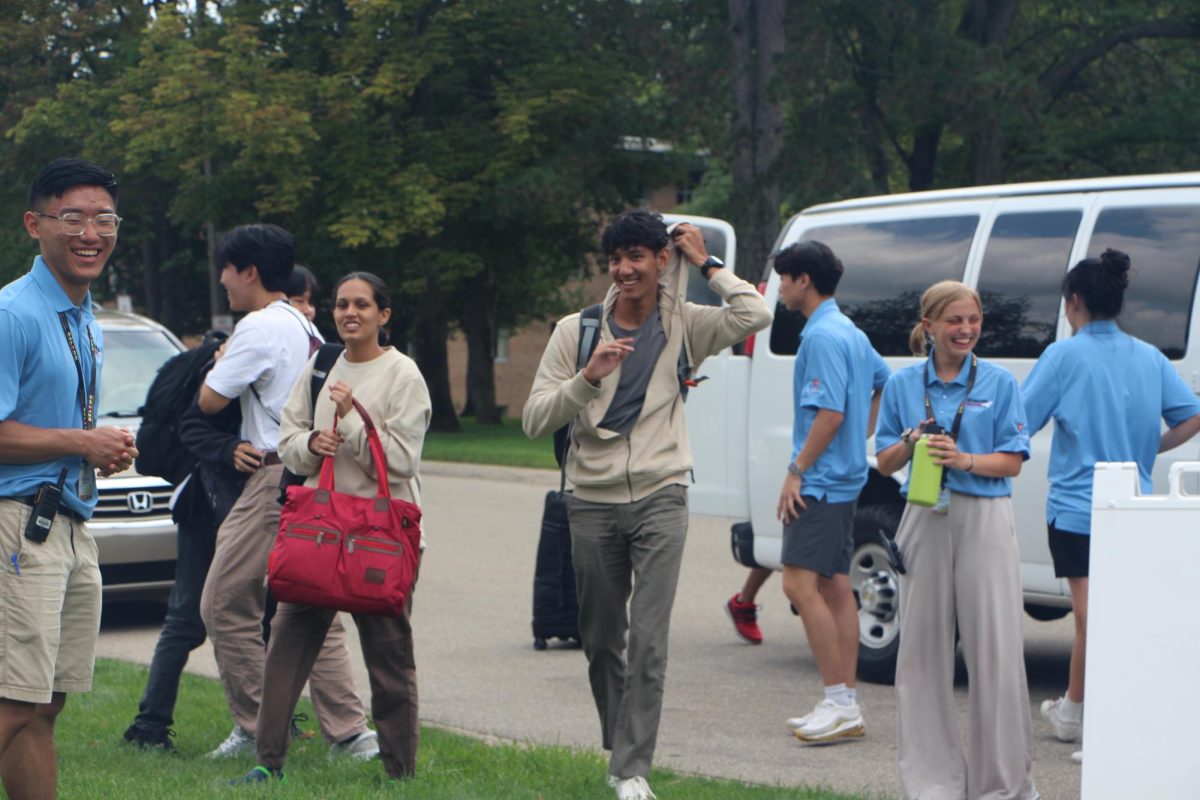What is the Faith and International Development Conference?
The Faith and International Development Conference (FIDC) provides a space for students and development professionals from diverse backgrounds to share ideas and explore their passions. Together, we strive to challenge ourselves by opening our minds, hearts and hands to understanding and increasing our global awareness of Christ’s world.
The FIDC strives to balance prayerful discernment of students’ callings, relationship building among students and professionals and practical learning about international development. Small group breakout sessions provide opportunities for in-depth discussions on a variety of topics. Organization display tables allow for one-on-one discussion and guidance from professionals working in the field. Exploration of volunteer, internship and career opportunities is a key focus and a source of excitement for both students and organization representatives.
The desire of the FIDC is to create a space where the challenges, inspirations, doubts, assurances, the good (and the bad) of international development may be illuminated and discussed in a context of faith. The overall purpose of the conference is to bring students and professionals from a wide range of backgrounds together to share and explore the ideas and practices of development. It is our hope and prayer that the FIDC is a learning experience, an exciting revival and a time full of opportunities.
The conference runs from Thursday, Feb. 6 through Saturday, Feb. 8. Calvin students can register for only $20.
Plenary Speakers
Tarek Abuata grew up in Bethlehem, Palestine and moved to the United States along with his family at the age of 12, two years after the 1987 Palestinian uprising. After receiving his J.D. with a focus in international law from the University of Texas Law School in 2002, he spent a year in Palestine working with the Negotiations Support Unit, a group of advisers to the Palestinian Negotiations. Over the past 10 years, Abuata has been involved in various nonviolence work-shops, including trainings led by Dr. Bernard La Fayette, one of the leaders of the civil rights movement in the United States. In addition to his speaking and nonviolence trainings, Abuata serves as the Palestine Coordinator for the Christian Peacemakers Team.
Plenary Speech: “Neither Savior nor Servant, but a Partner”
Rob and Tara Cahill, directors of Community Cloud Forest Conservation, work together with Q’eqchi’ Maya families of the mountains of Alta Verapaz, Guatemala to conserve and restore natural forests and to improve the ecological health of the human environment in villages bordering forests. They teach conservation, reforestation, environmental education, agroecology and sustainable living practices through an integrated set of programs. Local people learn to confront the serious problems that keep them from enjoying the fullness of life, such as chronic malnutrition, illiteracy, poverty, exploding population, degraded disappearing forest and drying springs, while ameliorating the global environmental crises of habitat and biodiversity loss, soil degradation and changes to climate and water cycles. They curb human encroachment on the forests by planting native trees and fruit trees with basic grains and traditional vegetable crops to provide food security, good nutrition and healthy habitats. The Cahills work to inspire and empower the most marginalized people: rural, indigenous young women and children.
Their Conservation, Agroecology and Sustainable Living Leadership Training Program (CALT) provides access to education and vocation for young Q’eqchi’ women from remote mountain villages, preparing them as community leaders to teach conservation, agroecology and sustainable living practices in their home communities. Their environmental education programs in village schools, Connecting Kids through Birds (in cooperation with Cornell Lab of Ornithology and the U.S. Fish and Wildlife Service Neotropical Migratory Bird Act) and Artful Eyes of Appreciation on the Earth, inspire village children to explore, appreciate, understand and care for nature. Rob studied at Westmont College, Calvin College and Au Sable Institute, earning his Bachelor of Arts in History from University of Wisconsin-Madison and his Masters of Divinity from Fuller Theological Seminary. Tara earned her Bachelor of Arts in Biology and Secondary Education from Calvin College, her Naturalist Certification from Au Sable Institute and Master of Science in Land Resources from University of Wisconsin-Madison Nelson Institute for Environmental Studies.
Plenary Speech: “Widening The Circle, Reforming the Margins: A View From Guatemala’s Central Highlands“
Dr. Minas Hiruy, who was born in Ethiopia in 1950, received a bachelor’s degree in business from Sterling College, Kansas, a Master of Public Administration in City Management from the University of Kansas , a Master of Higher Education from Kent State University and his Ph.D. in Public Administration and Policy Studies from Kent State University. Dr. Hiruy has published numerous articles. Returning to his home country after 18 years of life in the United States, he has founded many organizations, established schools, vocational institutes and care and rescue missions. His most recent contribution was Hope University College, the first public benefit degree-granting institution in Ethiopia. He has also used his knowledge to influence policy directions in his country in a number of areas. He serves on various boards. In his work he has wedded his faith in Jesus Christ with numerous acts of compassion. He invests a substantial part of his time in evangelism and has been instrumental in the planting of no less than 7,000 churches in less than a decade. SEED, an American award society, saluted Dr. Hiruy for his unselfish devotion and exemplary community service. His alma mater, Sterling College, awarded him the Alumni Distinguished Service Award of 2003. He is married and has two boys and two girls.
Plenary Speech: “Our Part as Christians in Responding to a Hurting World”
Dr. Brian Fikkert is the founder and executive director of the Chalmers Center for Economic Development at Covenant College, where he also serves as a professor of economics and community development. Dr. Fikkert received a Ph.D. in economics with highest honors from Yale University and a Bachelor of Arts in Mathematics from Dordt College. Specializing in economic cevelopment and international economics, Dr. Fikkert has numerous academic and popular publications and is a co-author of the book, When Helping Hurts: How to Alleviate Poverty without Hurting the Poor…and Yourself. Prior to coming to Covenant College, he was a professor at the University of Maryland and a research fellow at the Center for Institutional Reform and the Informal Sector.
Plenary Speech: “What Good is the Local Church?”
Nonviolent Direct Action as Public Witness
When: Saturday, Feb. 8 from 1:30 to 6:30 p.m.
Cost: Free
Where: Chapel Undercroft
What: Sponsored by Christian Peacemaker Teams and Hope Equals, this is a half-day workshop on how to creatively deal with conflict and oppression as a development worker (or as any seeker of truth and justice). Using the perspectives of Scripture, Gene Sharp, Martin Luther King Jr. and Mahatma Gandhi, we’ll develop a definition of nonviolent direct action, practice peace building using a Brazilian role playing technique known as Theatre of the Oppressed and plan our own nonviolent direct action events in constructive response to current conflicts and injustices. Plenary speakers Tarek Abuata and Minas Hiruy, as well as musician Josh Davis, will be participating in the training.









